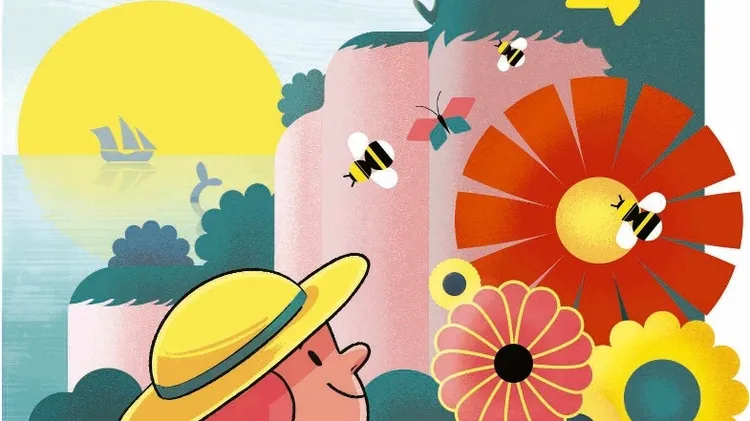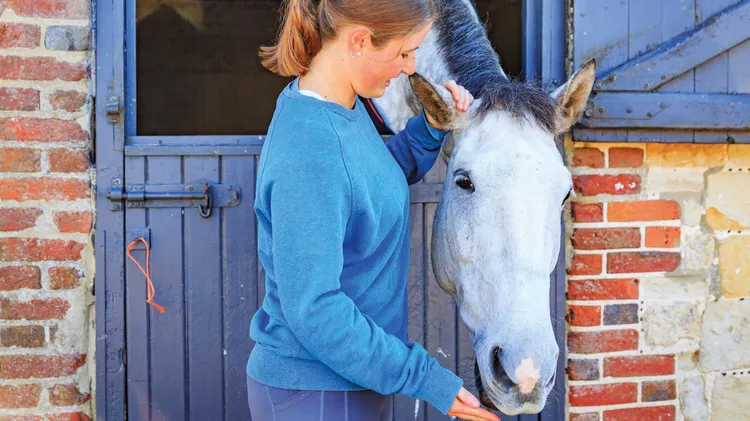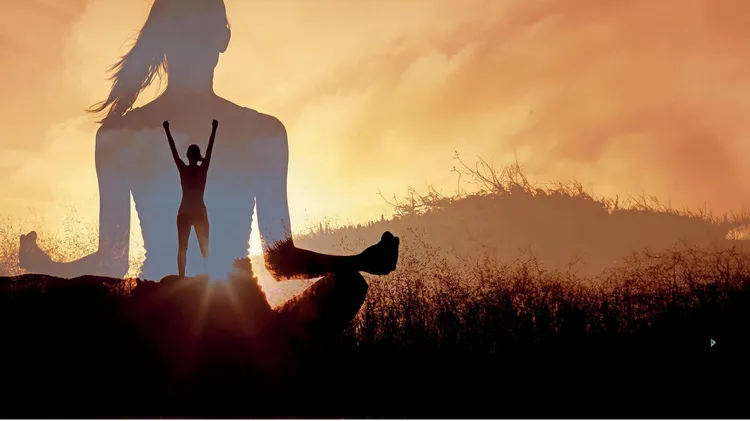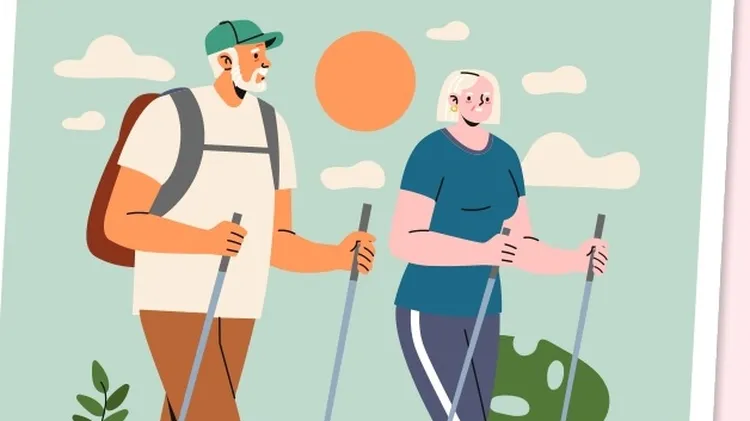Social anxiety is more than just being shy. It’s a phobia born out of
Come out of your shell
11 min read
This article is from...
Read this article and 8000+ more magazines and newspapers on Readly






